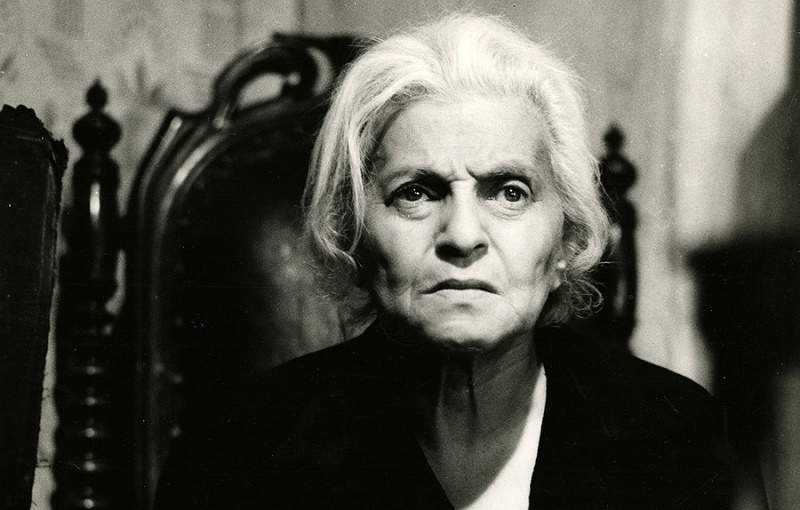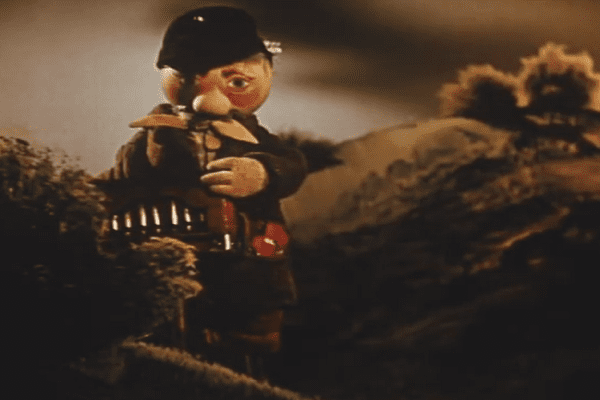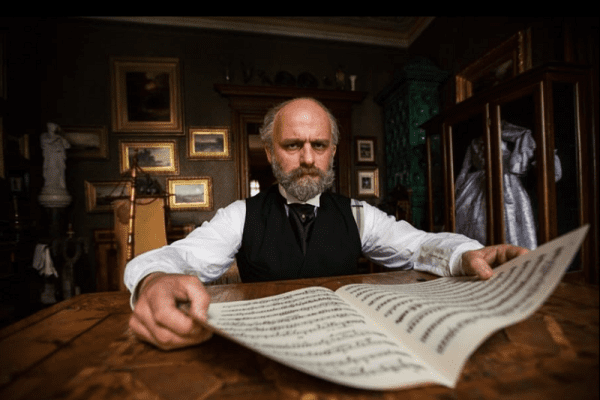Tóno discovers that the Jewish community supporting the elderly woman has been aiding her, rendering the shop unprofitable. In a gesture of solidarity, the community bands together and provides Tóno with a weekly stipend to maintain the facade of assisting the old woman. This arrangement benefits both Tóno, who is expected to take over the shop, and Rosalie. As their bond strengthens, it becomes evident that they genuinely enjoy each other’s company.
The provided excerpt offers just a glimpse into the extensive article. To unlock the full content, become a Patreon patron. Our team meticulously gathers and curates valuable information, sparing you hours, days, or even months of research elsewhere. Our goal is to streamline your access to the best of our cultural heritage. However, a portion of the content is locked behind a Patreon subscription to help sustain our operations and ensure the continued quality of over 1,200 pages of our work.
Alternatively, you can contribute through Venmo, PayPal, or by sending cash, checks, money orders. Additionally, buying Kytka’s books is another way to show your support.
Your contribution is indispensable in sustaining our efforts and allows us to continue sharing our rich cultural heritage with you. Remember, your subscriptions and donations are vital to our continued existence.





















